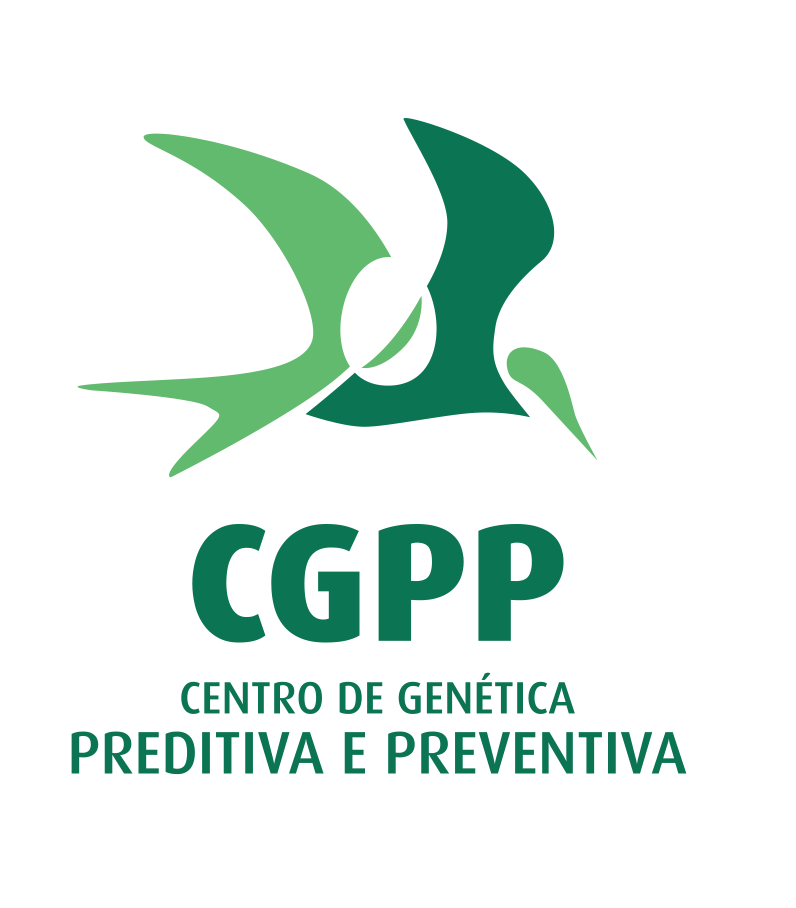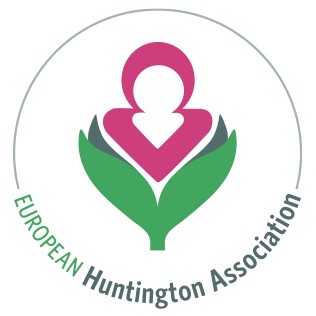![]()
Institutions
Host institution
i3S is dedicated to innovative interdisciplinary and translational research in Health Sciences, and it received an “Excellent” rating in 2019 by the FCT. It houses clinical and diagnostic platforms that support research endeavors and provide essential services to the community. i3S is committed to promoting outstanding research that leads to the translation of knowledge into healthcare improvements and societal benefits. Its clinical platforms address the specific needs of patients and their families while also serving as a testing ground for ongoing research.
The Centre for Preventive and Predictive Genetics (CGPP) is one of these platforms and represents the leading multidisciplinary outpatient genetic counselling (GC) service in Portugal, conducting over 600 consultations in 2022 and supporting clinical research that contributes to the UnIGENe group. It regularly welcomes postgraduate students, trainees in clinical and health psychology, and medical residents from various specialties. CGPP actively promotes training activities for healthcare practitioners and maintains strategic partnerships with major hospitals, patient advocacy organizations, as well as national and international professional, scientific, and lay bodies and networks.
Participating institution
Since its inception, the University of Aveiro (UAVR) has evolved into one of the most dynamic and innovative universities in the country. It is recognized as one of the top universities in the Times Higher Education Young University Rankings, which ranks universities aged 50 years or younger worldwide. Since 2019, UAVR has been a part of ECIU University, joining forces with 12 other research-intensive universities, all collectively emphasizing innovation, creativity, and societal impact to drive the development of a knowledge-based economy. Research initiatives at UAVR are carried out within the framework of 20 research units, spanning various scientific areas, all of which received classifications of “very good” or “excellent” in 2019 by the FCT. Notably, eight of these research units have been labeled or integrated as Associated Laboratories.
Collaborating institution
The European Huntington Association (EHA) is an umbrella organization established in 1986 to represent individuals and families throughout Europe who live with Huntington’s Disease (HD) – a rare, progressive, and still incurable hereditary neurological condition. Presently, the EHA boasts 45 member associations in 31 countries. The EHA has its headquarters in Belgium and maintains an office in Norway. The EHA Board comprises six HD family members and two HD professionals from seven different countries. Among its objectives are forging partnerships and alliances with key stakeholders in the scientific, clinical, political, and corporate sectors.
The EHA has also been proactive in initiating various projects aimed at bridging the gap between HD families and research. The Stronger Together project has concentrated on educating the HD community about the significance of all phases in clinical research to advance treatments for the disease. The EHA is part of the Coalition for Patient Engagement (HD-COPE), a global coalition that empowers families affected by HD to have a direct and meaningful impact on research. In 2021, the EHA launched a new project called Moving Forward, designed to mobilize and engage the HD community in research and clinical trials. This initiative includes tailored actions to ensure that the community is prepared when the first trials addressing preclinical HD stages are initiated.




